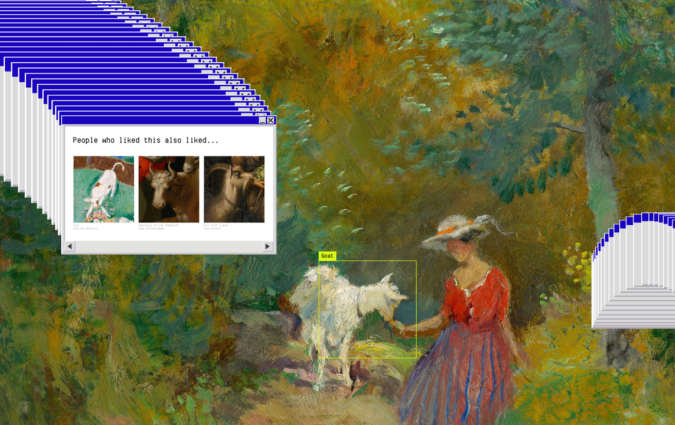The research of the Reuters Institute shouldn't be abused to attack Rappler
Our work is being abused by those who claim it finds that Rappler is the least trusted (or most distrusted) news organisation in the Philippines. This is a false and misleading claim, as will be clear to anyone who has actually read the Digital News Report 2022. As we explicitly write in every country profile, the trust scores in every country "should not be treated as a list of the most trusted brands".
When some do it anyway, our work – like other work, whether by journalists, academics or others – can be abused and weaponised as part of prominent politicians’ attacks on independent news media, or as props in often orchestrated and coordinated campaigns by their supporters and by friendly influencers targeting individual journalists or outlets that seek to hold power to account.
Such attacks are part of how we present the data in the Philippines country profile, where we explain how journalists and fact-checkers “have been vilified not only by online trolls but also by public officials”, and how Rappler and others are subject to attacks by politicians, social media influencers, and some partisan media.
These attacks are also part of how I interpret the data as reflecting what I think of as the ‘cost of courage’, where independent news media that seek to hold power to account are often attacked and vilified by politicians and partisans. In polarised societies, politics matters. Trust in news is about much more than the factual accuracy and the trustworthiness of an outlet’s journalism. It's also about how that work is interpreted in the light of domestic politics and people’s partisan sympathies.
All work in the public domain is vulnerable to abuse by bad actors and others willing to cherry-pick data, take things out of context, and the like. But just as the fact that researchers have found that the Guardian’s climate coverage is sometimes abused by climate change deniers and sceptics hopefully won’t mean that the Guardian will cease that coverage, we will continue our work.
Those who abuse our work to attack Rappler (or any other independent news outlet across the world) seem more interested in polemics than in substance. But those genuinely interested in how we research trust, which is complicated, contextual and necessarily in the eye of the beholder, can read more in this short explainer.







